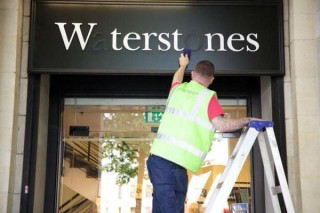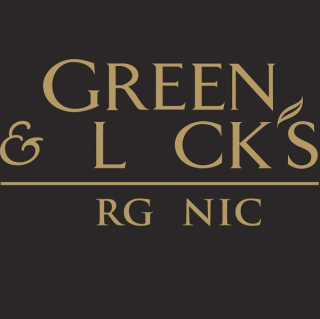‘Hey, H-w y-u d-in’’
Puzzled, right? Read the following article to unpuzzle the puzzle.
(Disclaimer: It is beneficial for the readers to remain focused, ahead lies a tricky problem)
How many of us love solving mathematical problems? Haha, I am sure all of us do! (Read sarcasm)
However, this problem is slightly more mysterious than a usual mathematical problem. (Oh yeah, maths is not everyone’s game.)
Why is it mysterious? Let’s find out!
Problem:
Let’s consider that there are 23 alphabets in the Queen’s English (British English), now.
Say, we were being misers and saving those three letters from getting ‘used’. Find which are those three letters and why did they go missing in the UK? (Please note that one is expected to add a little more to the answer than asked. #IndianEducationSystemSwag)
Solution:
The following problem is solved in three parts (Which, Why, A little more –yes, for extra marks!)
Which Letters?
For solving the above problem, let us take a look at the names of the famous brands first. (Maths made fun ;))
1. Letters missing = ‘a’ and ‘o’ (Waterstones, UK)
2. Letters missing = ‘b’ , ‘a’ and ‘o’ (Green & Blacks, Organic, UK)
3. Letter missing = ‘o’ (ODEON STUDIOS, UK)
4. Letters missing = ‘b’ and ‘a’ (BBC, Newsbeat, UK)
Thus, by the method of observation and intuitiveness, we conclude that the letters which went missing in the UK are A, O and B.
Why did they go missing?
Now is the time to keep the Math behind the problem aside and consider a social issue. The letters have vanished not to puzzle people but to raise awareness of a lack of donors during National Blood Week. A, O and B represent the different blood groups, which are in short supply.
It is a smart PR campaign run by the National Health Service, UK during the National Blood Week (8th June to 14th June) with the hashtag #MissingType.
The UK is currently suffering a major shortage of donors.
In the last ten years the number of blood donors in England and Wales has fallen by 40%.
The NHS says it needs 200,000 new donors this year alone so they have enough blood – and variety of types – to meet demand.
A little more, for extra marks
History of Blood Donation in the UK -The blood donating service depends entirely on voluntary donations from the public. Originally, Blood was collected from various donor clinics located over the country. In 1994, the first mobile session was held in Elstree, hosted by the Joely Bear Appeal. Currently, Blood Donation sessions are set up throughout the country and take place in many diverse venues. From village halls, to mobile collection units (known as Bloodmobiles), and sessions set up companies and organisations so people can donate at work.
Present Plans – The UK is trying to find innovative ways in which it can get its people to donate blood. In particular, they need more donors from Black, Asian and Minority Ethnic communities, who make up less than 5% of those who have donated blood within the last 12 months.
When imaginations go wild
What would my favourite show’s characters be without A,O and B?
J-ey, Ch-ndler, R-ss, R-chel, Ph-ebe,M-nic- <3
Easy to guess folks?
#MissingType
Send us your #MissingType, let’s ‘decode’ ‘em!






































